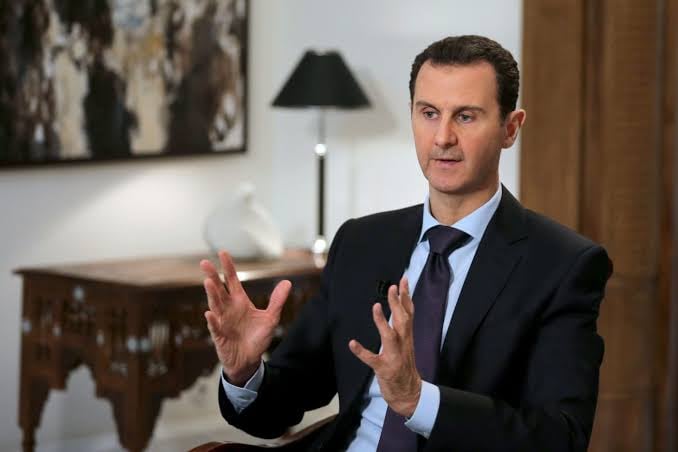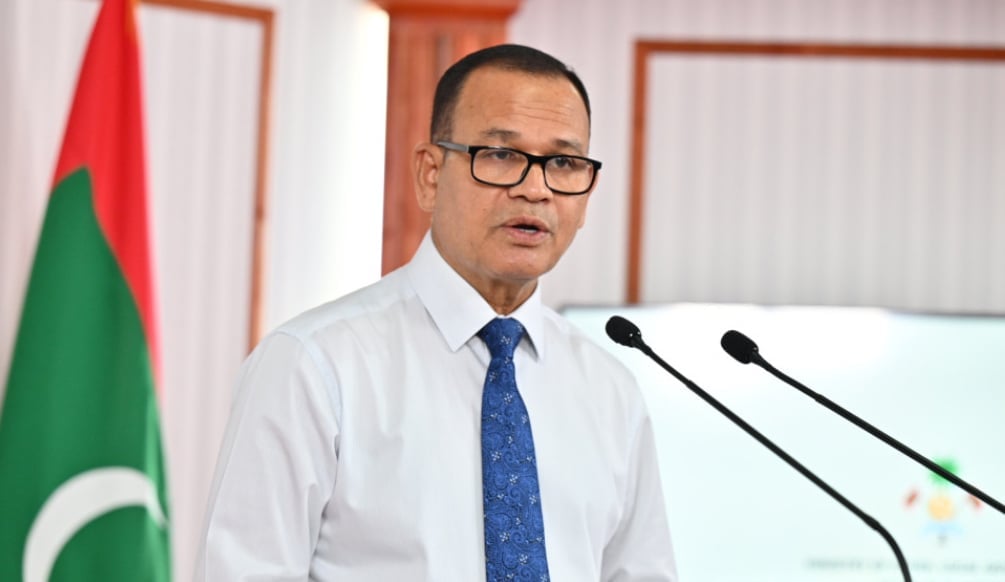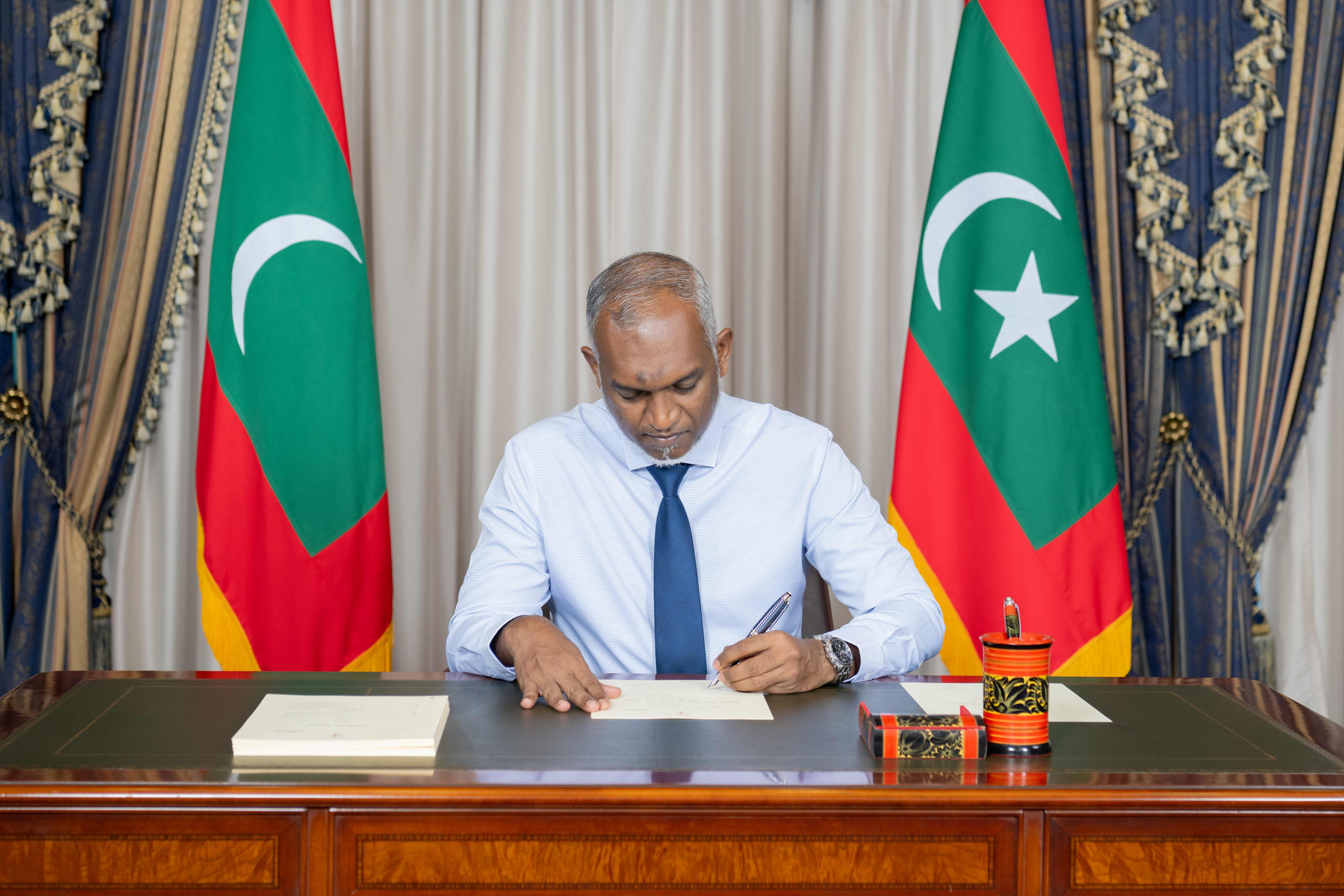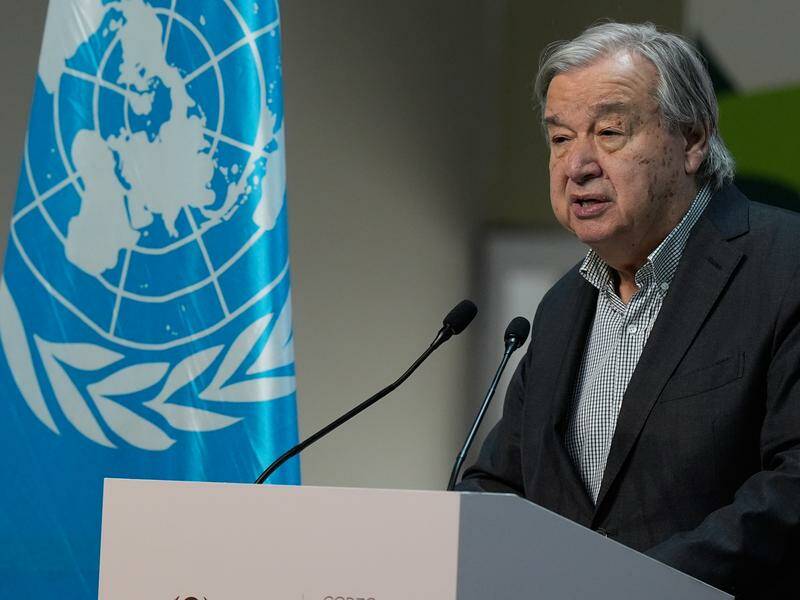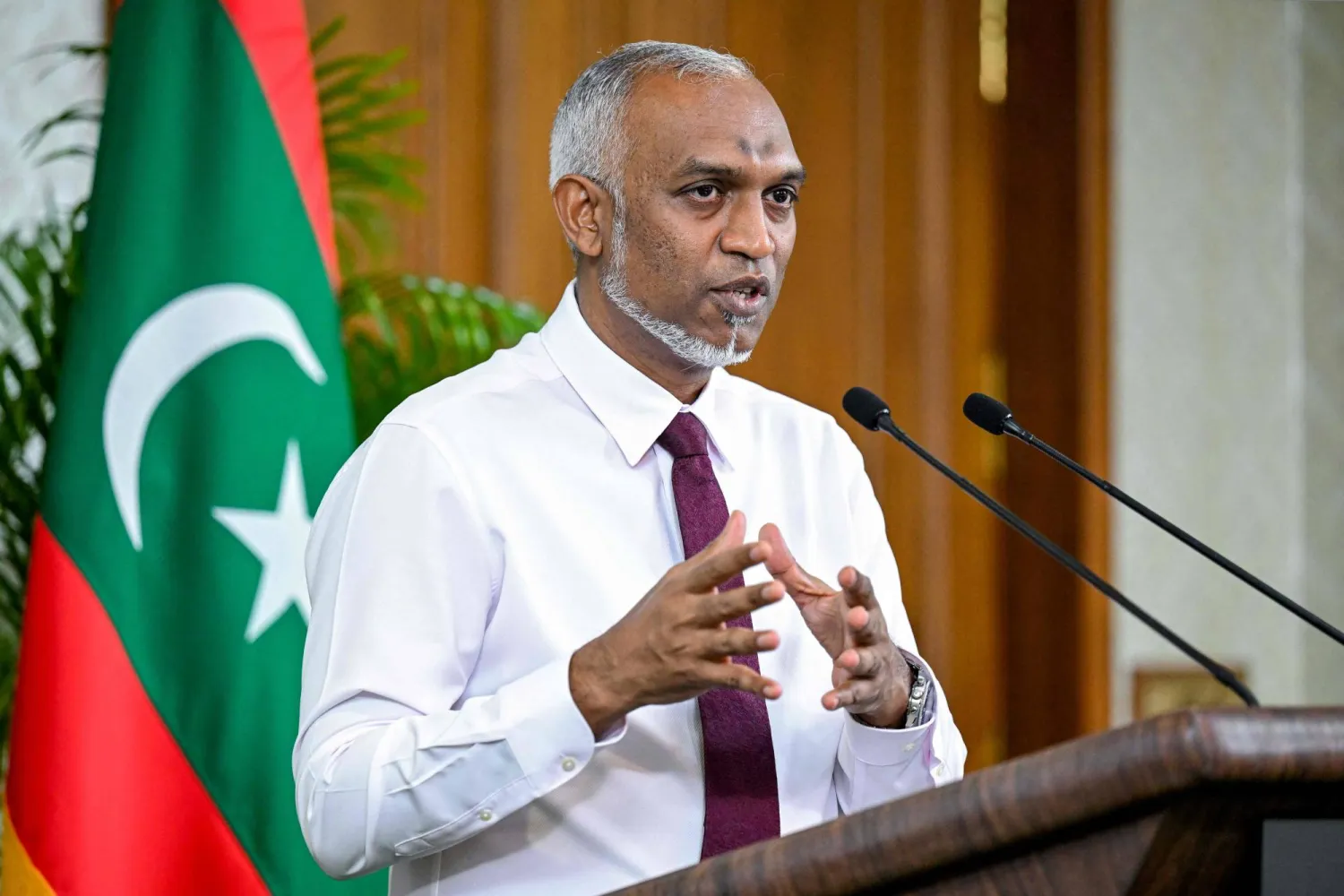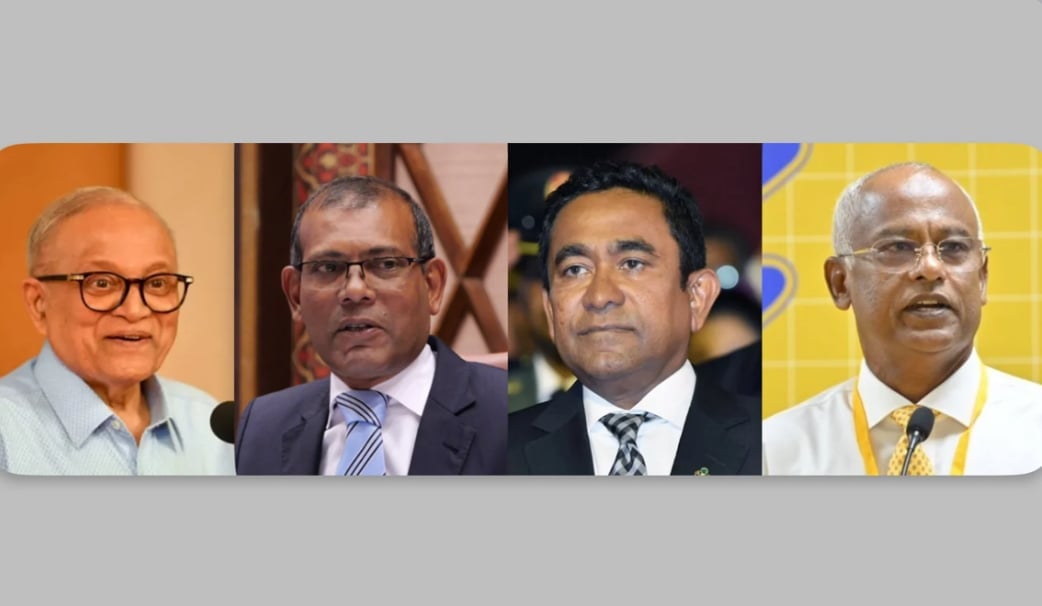Syrian President Bashar Assad reportedly fled Damascus on Sunday for an undisclosed location as militants claimed to have entered the capital. Witnesses described scenes of jubilation in the city’s main square, where thousands gathered, waving flags and chanting “Freedom.”
A group identifying itself as the Operations Room to Conquer Damascus announced that it had taken control of the capital. In a statement aired on state television, the group declared the end of the Assad regime and the release of detainees from Sednaya prison, a notorious facility on the outskirts of Damascus where thousands had been held.
At the same time, a Syrian Air flight departed Damascus airport, heading toward Syria’s coastal region before abruptly veering off and disappearing from tracking systems. It remains unclear who was aboard the aircraft.
In Homs, militants celebrated another major victory after seizing full control of the strategic city following a rapid military retreat. Thousands of residents poured into the streets, chanting slogans against Assad and tearing down posters of the president. The capture of Homs, a critical highway crossroads, severs Damascus from the Alawite stronghold on the coast and marks a significant shift in control over Syria’s heartland.
Hayat Tahrir Al-Sham (HTS), the most powerful militant group in the conflict, described the fall of Homs as a historic moment. Its leader, Abu Mohammed Al-Golani, called on fighters to respect those who surrendered and emphasized the importance of unity among Syrians as the country navigates its uncertain future.
Syrian Prime Minister Mohammed Jalali, in a statement on Sunday, called for free elections to determine the country’s leadership. He also confirmed direct contact with opposition commander Abu Mohammed Golani to discuss transitional governance. Jalali expressed his willingness to cooperate with any leadership the Syrian people chose, pledging support for a peaceful transfer of power and emphasizing the importance of unity across all sects and ethnicities.
The Syrian opposition coalition has announced ongoing efforts to establish a transitional governing body with full executive powers, signaling a shift toward rebuilding the nation.
The rapid developments have drawn regional and international concern, with countries including Qatar, Saudi Arabia, Turkiye, and Russia issuing a joint statement calling for a political resolution. However, no consensus has been reached on immediate actions, reflecting the uncertainty surrounding Syria’s future.
The swift collapse of government forces in key areas underscores the fragility of Assad’s hold on power. With regional allies like Russia preoccupied with other conflicts and Hezbollah withdrawing forces from border regions, Assad’s support network appears to be crumbling.
As the situation unfolds, the Syrian people are left grappling with the challenges of navigating a post-Assad era. The nation faces a pivotal moment, balancing hope for freedom with the immense task of rebuilding after years of devastating conflict.
A group identifying itself as the Operations Room to Conquer Damascus announced that it had taken control of the capital. In a statement aired on state television, the group declared the end of the Assad regime and the release of detainees from Sednaya prison, a notorious facility on the outskirts of Damascus where thousands had been held.
At the same time, a Syrian Air flight departed Damascus airport, heading toward Syria’s coastal region before abruptly veering off and disappearing from tracking systems. It remains unclear who was aboard the aircraft.
In Homs, militants celebrated another major victory after seizing full control of the strategic city following a rapid military retreat. Thousands of residents poured into the streets, chanting slogans against Assad and tearing down posters of the president. The capture of Homs, a critical highway crossroads, severs Damascus from the Alawite stronghold on the coast and marks a significant shift in control over Syria’s heartland.
Hayat Tahrir Al-Sham (HTS), the most powerful militant group in the conflict, described the fall of Homs as a historic moment. Its leader, Abu Mohammed Al-Golani, called on fighters to respect those who surrendered and emphasized the importance of unity among Syrians as the country navigates its uncertain future.
Syrian Prime Minister Mohammed Jalali, in a statement on Sunday, called for free elections to determine the country’s leadership. He also confirmed direct contact with opposition commander Abu Mohammed Golani to discuss transitional governance. Jalali expressed his willingness to cooperate with any leadership the Syrian people chose, pledging support for a peaceful transfer of power and emphasizing the importance of unity across all sects and ethnicities.
The Syrian opposition coalition has announced ongoing efforts to establish a transitional governing body with full executive powers, signaling a shift toward rebuilding the nation.
The rapid developments have drawn regional and international concern, with countries including Qatar, Saudi Arabia, Turkiye, and Russia issuing a joint statement calling for a political resolution. However, no consensus has been reached on immediate actions, reflecting the uncertainty surrounding Syria’s future.
The swift collapse of government forces in key areas underscores the fragility of Assad’s hold on power. With regional allies like Russia preoccupied with other conflicts and Hezbollah withdrawing forces from border regions, Assad’s support network appears to be crumbling.
As the situation unfolds, the Syrian people are left grappling with the challenges of navigating a post-Assad era. The nation faces a pivotal moment, balancing hope for freedom with the immense task of rebuilding after years of devastating conflict.





